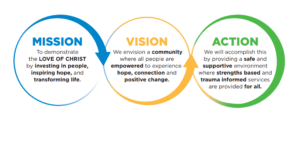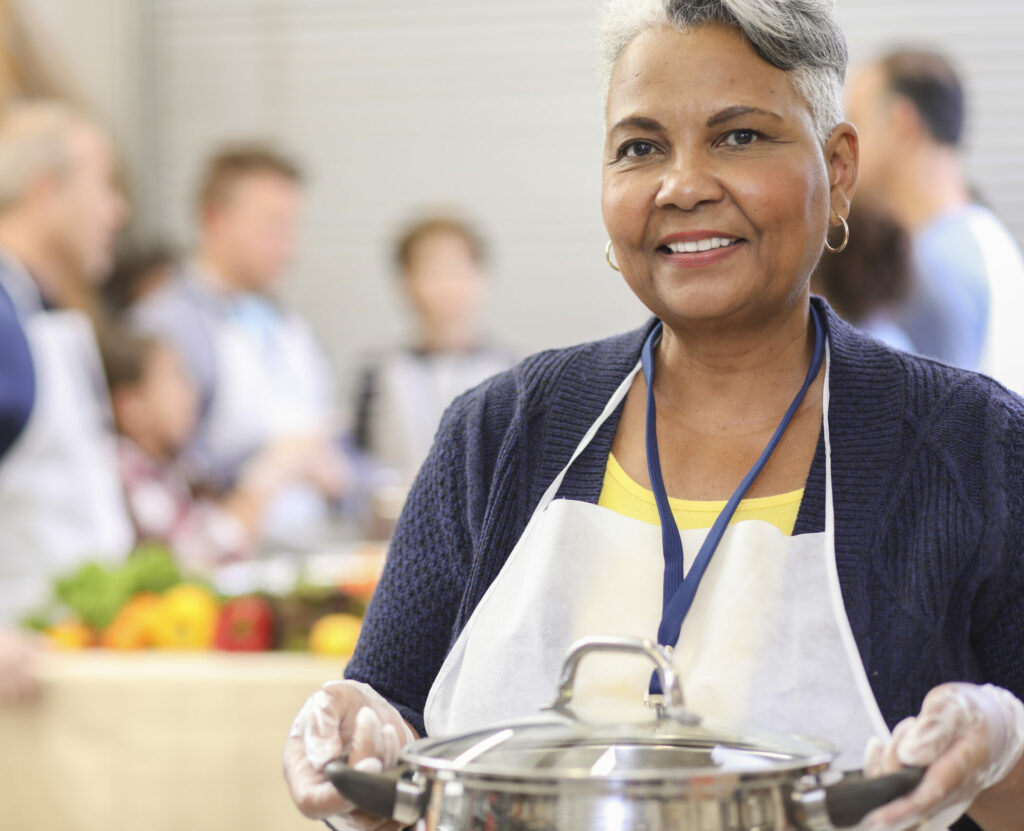About Us
Our Mission At A Glance

Investing in People. Inspiring Hope. Transforming Lives.
Ray of Hope serves people experiencing poverty, homelessness, and other challenges in Kitchener-Waterloo. We provide life-changing programing and services in a welcoming, compassionate community. We empower people to chart a new path in life.
Ray of Hope’s Board of Directors and Senior Management Teams developed the 2022-2025 Strategic Plan that identifies five goals to help Ray of Hope meet its Mission, Vision and Action statements.
The plan identifies five goals to help Ray of Hope meet its Mission, Vision and Action statements.
Annual Reports
Read on to discover what we’ve accomplished —with generous donor support—and how we’ll continue to invest in people, inspire hope, and transform lives in the Waterloo Region.
- 2024-2025 Annual Report
- 2023-2024 Annual Report
- 2022-2023 Annual Report
- 2021-2022 Annual Report
- 2020-2021 Annual Report
- 2019-2020 Annual Report
- 2018-2019 Annual Report
- 2017-2018 Annual Report
A look back
Ray of Hope was founded in 1967 by the Reverend Arman Wright. As a former chaplain at the Guelph Reformatory, Arman was determined to reintegrate men and youth in the prison system back into society.
In 1972, Ray of Hope gained a firm foundation when construction began on its first facility, Hope Manor (now called Ray of Hope Secure Custody)—a safe, supportive space for youth working to turn their lives around.
With generous support from people like you, Ray of Hope has grown into a thriving organization that provides a wide range of life-changing services—and precious hope—to hundreds of vulnerable men, women, families, and youth each year.
Today and looking forward
Today, Christ is still at the heart of everything that Ray of Hope does in partnership with our amazing community. And, thanks to our caring donors, we continue to honour Arman’s vision and legacy.

